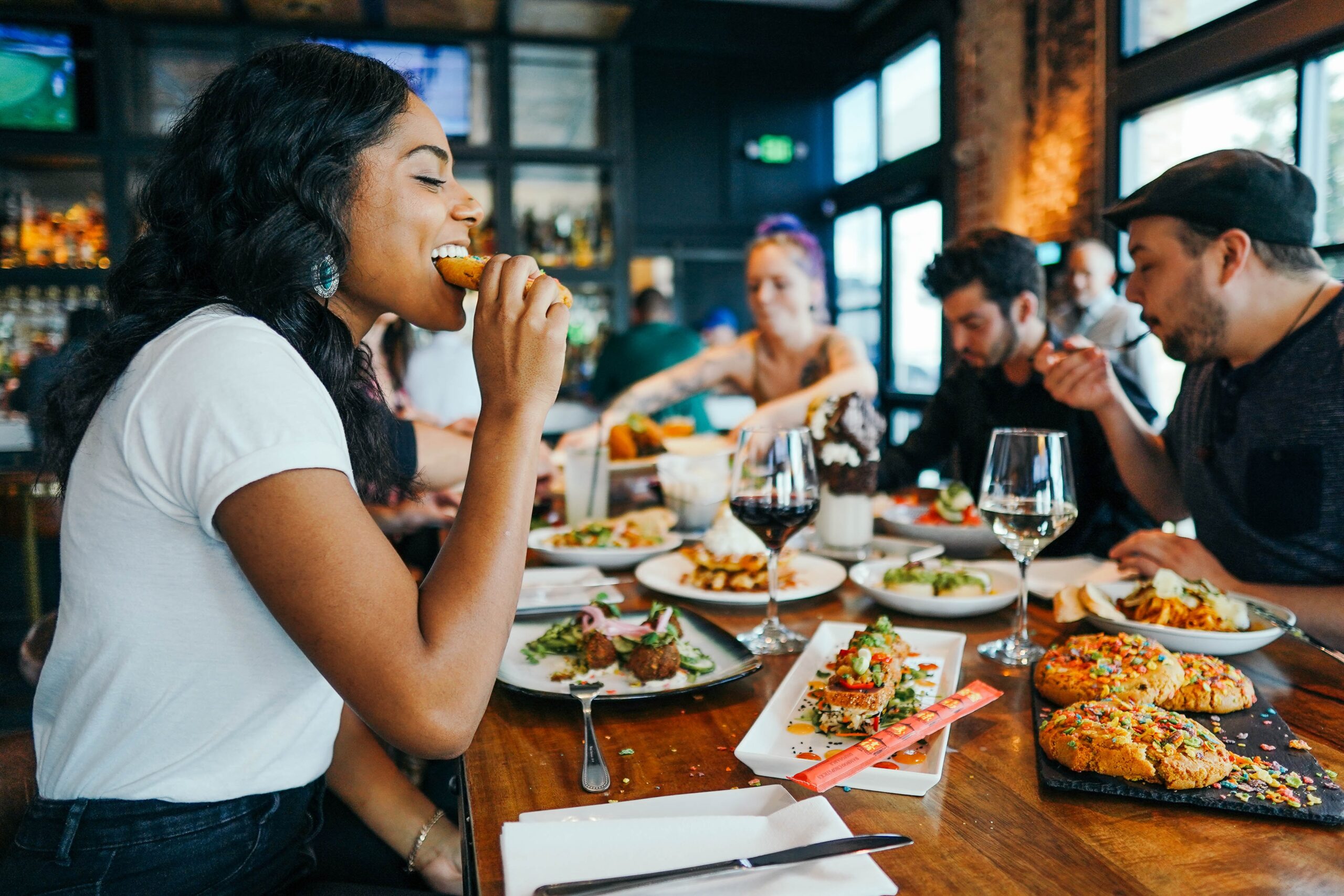Food Addiction: Signs and help for Food Addicts
The indication of food addiction in people has gained increasing support in recent times. That comes from the effects of compulsive overeating on the brain’s pleasure centers and imaging.
Experiments in humans and animals show that, for some individuals, the same pleasure and reward centers of the brain that are generated by addictive drugs like heroin and cocaine are also triggered by food, particularly highly palatable foods. Highly palatable foods are rich in
- Sugar
- Fat
- Salt
Like addictive drugs, highly palatable foods stimulate feel-good brain chemicals for example dopamine. Once the pleasure of an individual experience is associated with dopamine transmission in the reward pathway of the brain from eating specific foods, they rapidly feel the need to eat that food again.
Signs of Food Addiction
Here are some of the signs that determined whether you are addicted to food or not. Do you feel experience these situations while eating?
- When you wish to eat a certain food you eat more than you planned
- You try to eat certain food even if you are not hungry
- Eating that food to a point of feeling ill
- You feel tense when you plan to stop eating a certain type of food or try to cut down on a certain food
- If you don’t find that certain kind of food, you go out to get that
Ask yourself the following question to determine the impact of your relationship with food on your life.
- Do you often eat certain food in a large amounts instead of spending time with the family doing recreational activities or working?
- Do you avoid social and professional events just because of the fear of overeating a certain type of food?
- Do you face problems at your office or school due to the presence or absence of a certain type of food?

There are also some psychological withdrawal symptoms associated with food addiction. When you stop eating certain foods, do you experience the following symptoms:
- Agitation
- Anxiety
- Other physical symptoms
There are also impacts of food decisions on your mood or emotions. Do you feel any of these situations?
- Eating certain food causes issues such as anxiety, depression, guilt, or self-loathing.
- You want to eat more of the food to increase pleasure or reduce depression.
- Eating a usual amount of food doesn’t increase pleasure or reduce negative emotions for you.
Help for Food Addiction
Researchers are still working on the impacts of food addiction and treatments regarding them.
Some scientists argue that the recovery pathway of food addiction is more difficult than recovery from other addictions. For example, alcoholism can be treated only by withdrawing from drinking. But in the case of food addiction, people need to eat.
A nutritionist, doctor, or psychologist who knows about food addiction can help you cut down the cycle of compulsive overeating.

Several programs offer treatment for food addiction along with strict diet plans that advise food addicts to abstain from addictive ingredients, like refined flour, sugar, and wheat.
For help regarding food addiction and other addictive substances contact us now!

